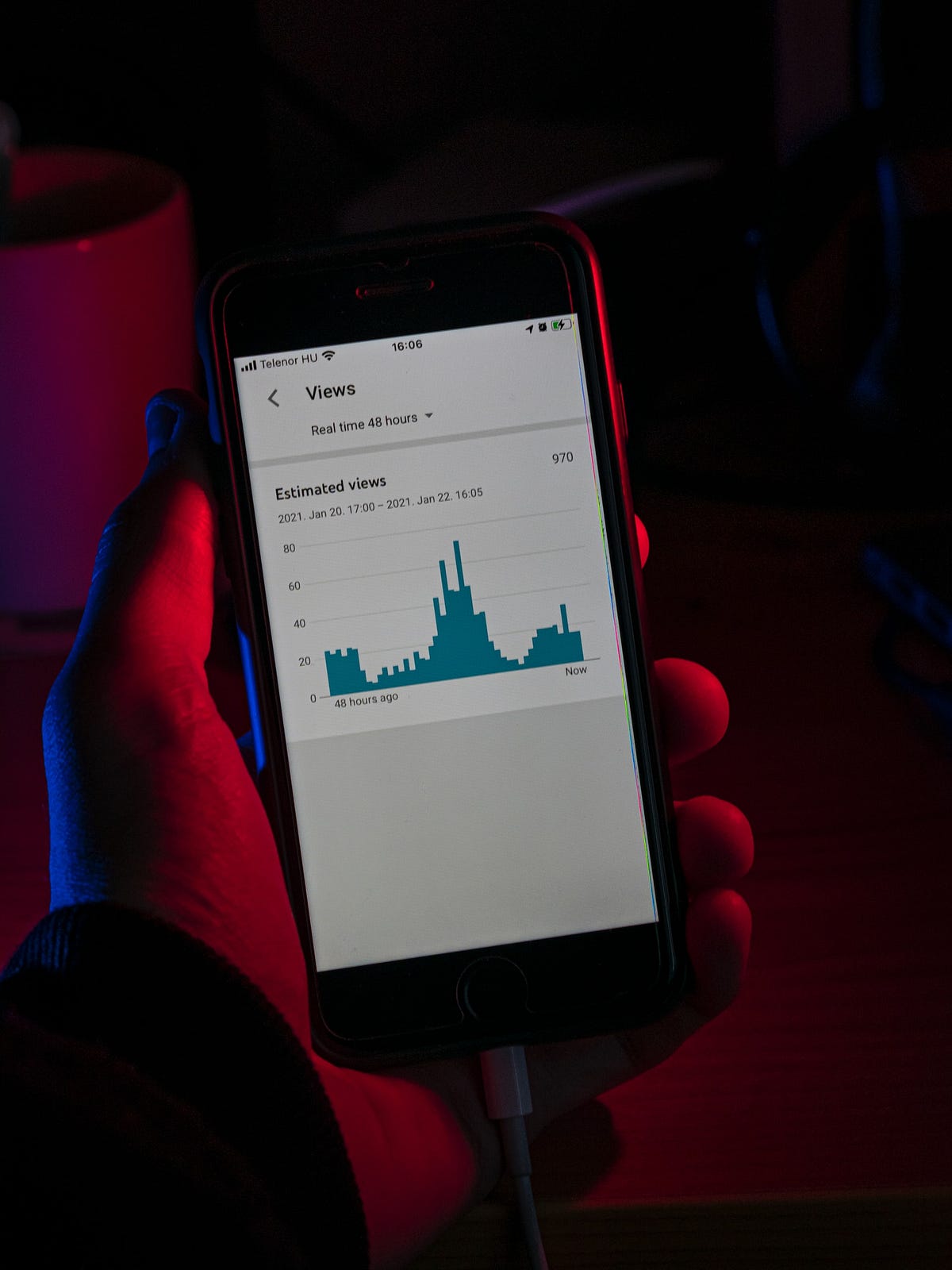A Series of Unforeseen Events
The popular collection of children’s novels titled A Series of Unfortunate Events were written between 1999 and 2005 by American author Daniel Handler under the pen name Lemony Snicket. The books were adapted into a full-length feature film in 2004 and have since made their way into households around the world through the television, video games, board games, card games and audio books. The novels follow the turbulent lives of Violet, Klaus, and Sunny Baudelaire as they navigate the idyllic innocence of childhood to the moral complexity of maturity, often facing unfortunate and unexpected moments that constantly reshape their worldviews.
One of the unexpected, world-defining events of the past year has been the global shortage of semiconductor chips. While a lot of attention has been rightly focused on the recent impact to the auto industry – where automakers have been unable to finish new car builds due to a lack of chip supply – the shortage has raised concerns in many other industries as well. As Glenn O’Donnell, VP of Research at Forrester wrote, “If it has a plug or a battery, it is probably full of chips. The wireless community, industrial, aerospace, military—anyone or everyone whose products require semiconductor chips is facing a shortage.”
Many point to the Covid-19 pandemic as the main perpetrator of this shortage. However, the nearly year-and-a-half long pandemic is only partially to blame. Last March, the pandemic prompted chip factories to shut down in the US and abroad. At the same time, demand for electronics and connected devices shot through the roof as people spent more time on semiconductor-reliant devices. By the time idle factories reopened, chipmakers faced a large backlog of orders – but the series of unforeseen events didn’t stop there. Trade sanctions, poor supply chain planning, and natural disasters created further strains on production while demand continued to rise, pushing up prices in the process (see To Be, Or Not To Be, Transitory) on downstream products that require these chips. In other words, what seemed to be an idyllic environment for producers of planes, trains, and automobiles–not to mention most other durable goods–suddenly became a much more complex and turbulent world.






















